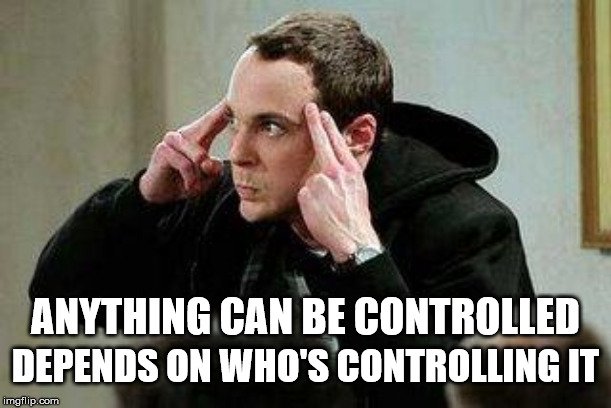The guest speaker for the Oklahoma State Free Enterprise Society this week was Dr. Robert Epstein. Dr. Robert Epstein's topic was "One Search At A Time: How Google Uses Ephemeral Experiences to Control Thinking & Behavior".
Before watching this guest lecture, my knowledge of how big tech companies control users was limited but on the right track. I knew sites such as Twitter, Instagram, and Facebook have changed how their respective feeds work to ensure that users spend as much time as possible on their site. The companies quite literally do their best to suck you in and never leave, in other words creating an addicting platform for users. This is in large part due to the revenue gained by showing more and more advertisements to users. I also knew that these sites change what you see depending on your geographic location, and they show you more content similar to things you have interacted with. I knew these sites along with Google and plenty of others were tracking your information. I always figured it was to better target ads to users.
I was deeply wrong about this. After listening to Dr. Epstein, I have a new respect for the power that Google has. They have the power to completely shift public opinion on very important topics. They can influence elections, cause mass hysteria, and create a continually growing chasm in the belief system of all their users. Humans are simple creatures, when we want answers, we usually want them NOW. Meaning Google can show a few results at the top of their platform than can quickly and easily sway people's opinions. By controlling the masses, Google can keep all its users worrying about the next big issue. And by owning platforms such as YouTube, Google can control what content can be published, much less even seen by curious people.
The scary part of all this is that Google also collects data on physiological components as well. Google owns Fitbit and Nest, meaning they can tell what many people's lifestyles are like. Google can tell what a person usually does, and try to influence things like purchase decisions. With Nest, Google could potentially even look into many people's homes through the cameras. Google could lock people out of their houses, or maybe even worse - lock them IN. To Dr. Epstein's point, the more people staying at home, in large part caused by the pandemic, the more people that are constantly engaging with Google's platforms. This huge data collection on every member of society could be a much worse problem in the future. However, relatively speaking, it will be a much slower and incremental change than initial fears would suggest. The potential for this "mind control" could be the downfall of us all, but over time it could blow over as people gradually wake up.
